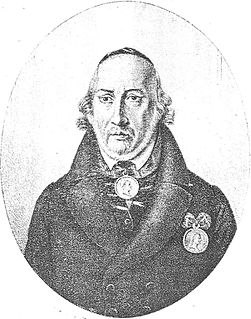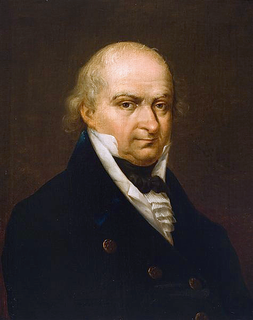 W
WElżbieta "Izabela" Dorota Czartoryska was a Polish princess, writer, art collector, and prominent figure in the Polish Enlightenment.
 W
WEleonora Czartoryska (1710-1795), was a Polish Princess, born Countess von Waldstein-Wartenberg. She was the ruler of the city of Radzymin from 1770 to 1790, where she built a palace and a park, commissioned a church designed by Jan Chrystian Kamsetzer and wrote a unique collection of laws on the city's governmental principles. She was married to Michał Fryderyk Czartoryski.
 W
WWirydianna Fiszerowa was a Polish noblewoman best known for her memoirs, which mention her life in pre- and post-partition Poland as well as her relations with prominent people of the time, including King Frederick II of Prussia, Izabela Czartoryska, King Stanisław II Augustus, Józef Poniatowski, Jan Henryk Dąbrowski, and Tadeusz Kościuszko, whom she adored.
 W
WPrincess Anna Paulina Jabłonowska , was a Polish magnate and politician. She was known for her remarkable activity on her estates, in which she introduced social inventions as well as industry. She was also known for her scientific interests, and possessed a naturalist collection famed in contemporary Europe. She has been referred to as one of the most significant women of 18th-century Poland.
 W
WJan Stanisław Jabłonowski of the Prus III coat of arms was a Polish political writer who was a maternal uncle of King Stanisław I Leszczyński, under whom he served as Crown Chancellor in 1706-09. He also held the positions of Crown standard-holder from 1687, voivode-governor of Volhynia since 1693, and also voivode-governor of Ruthenia from 1697.
 W
WFeliks (Felicjan) Franciszek Łoyko-Rędziejowski was a Polish nobleman, diplomat, political writer, lawyer and economist as well as a confident of Stanislaus Augustus, supporter of the Polish Enlightenment and from 1766 onwards Poland's ambassador to the Kingdom of France. He was also known as Eleuthère Patridophile, 'Gentil-homme de la Grande-Pologne', 'Gentil-homme polonois' and 'Patridophilis Eleutherus'. He was born in Grzybów and died in Warsaw.
 W
WJoseph Perl, was an Ashkenazi Jewish educator and writer, a scion of the Haskalah or Jewish Enlightenment. He wrote in Hebrew, Yiddish, and German; in 1819, he published the first Hebrew novel. Born and raised in the Austrian province of Galicia shortly after its annexation in the first partition of Poland, he was a follower of Hasidism in his youth. Later, he turned against Hasidism and became a proponent of Jewish emancipation and Haskalah, although he remained an observant Jew. He is best known for his many writings on Hasidism, ranging from critical treatises to parody.
 W
WFrancesca Ursula Radziwill, was a Polish writer and playwright, the first female writer on the territory of modern Poland and Belarus. She was the Princess, the last female representative of the Wiśniowiecki noble house and a wife of Michael Casimir Radziwill "Rybonka".
 W
WJędrzej Śniadecki was a Polish writer, physician, chemist, biologist and philosopher. His achievements include being the first person to develop a successful curing method for rickets as well as creation of modern Polish terminology in the field of chemistry.